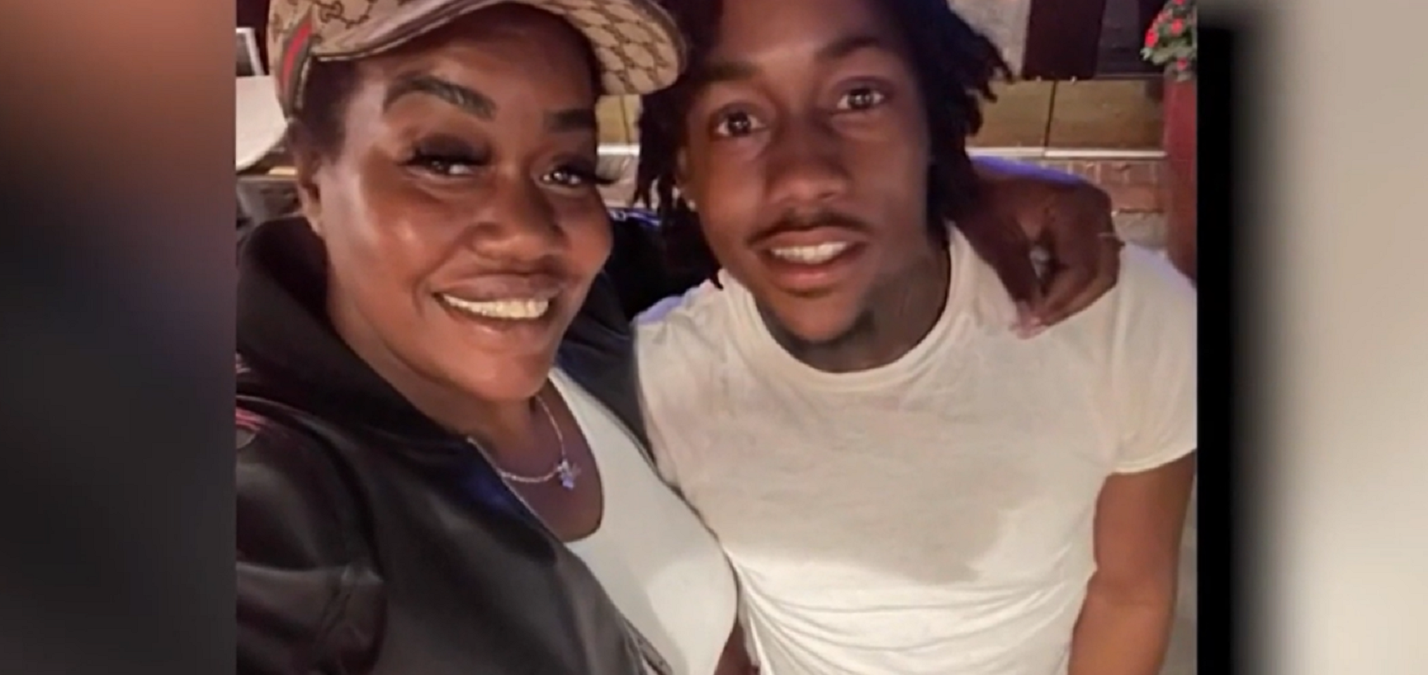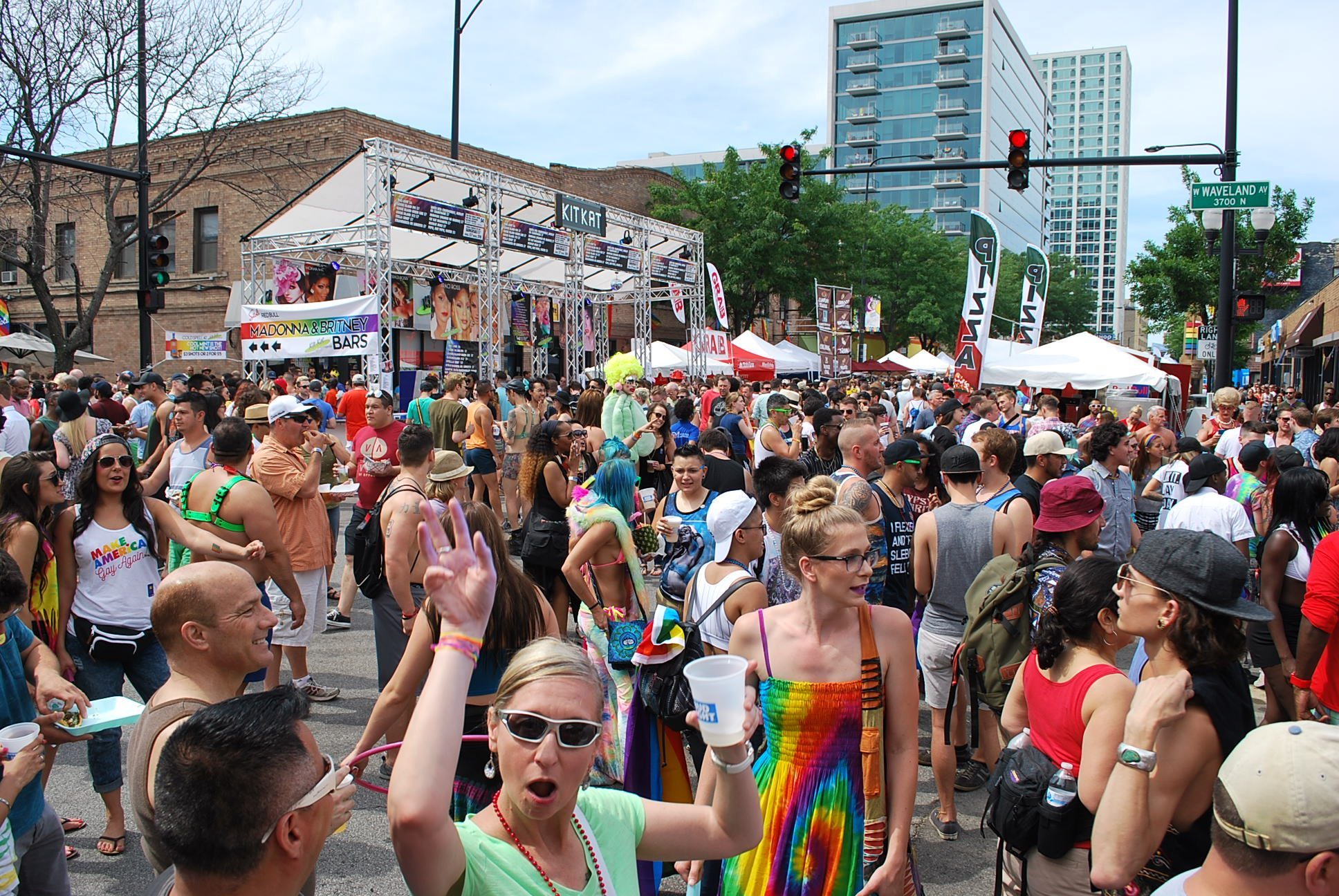Chicago’s former police superintendent, Garry McCarthy, said in an interview over the weekend that a nationwide movement aimed at saving black lives is instead “getting black lives taken.”
“What’s happening is, and this is ironic, that a movement with the goal of saving black lives, at this point is getting black lives taken. Because 80 percent of our murder victims here in Chicago are male blacks,” McCarthy told New York radio host John Catsimatidis Sunday.
The interview looked to dissect Chicago’s historic violence problem after the city recorded one of its most violent years with 762 homicides in 2016, the most in two decades. The rising number of shootings and homicides even prompted a response from President-elect Donald Trump, who tweeted at Chicago Mayor Rahm Emanuel saying, "If Mayor can't do it he must ask for Federal help."
“Chicago is probably the worst example of something that’s happened across the country and over the last couple of years starting with the Ferguson situation and continuing on to places like Baltimore and Charlotte and here in Chicago,” McCarthy said. “There’s been a political atmosphere of anti-police sentiment that has swept across this country over the last few years and the simplest way to describe it is that we’ve created an environment where we have emboldened crminals and we are hamstringing the police. So that’s creating a state of lawlessness and that leads to more murders across the country.”
McCarthy, who was fired by Emanuel last year following the release of dashcam video showing a white officer shooting a black teen 16 times, blamed “noncompliance” with police for a majority of police-involved shootings, saying “almost without exception any one of these bad incidents that you see, it starts with non compliance.”
“That noncompliance is being legitimized by what’s happening politically,” he said. “There’s a lot of accountability to go around, this goes from the White House to local elected officials and community leaders here in places like Chicago and Baltimore, across the country. Legitimizing that noncompliance is leading to disorder and Chicago is getting the worst of it.”
The nation's third largest city saw 1,100 more shooting incidents last year than it did in 2015, according to data released Sunday by the Chicago Police Department. The statistics underline a story of bloodshed that has put Chicago at the center of a national dialogue about gun violence.
Local
The numbers are staggering, even for those who followed the steady news accounts of weekends ending with dozens of shootings and monthly death tolls that hadn't been seen in years. The increase in homicides compared to 2015, when 485 were reported, is the largest spike in 60 years.
McCarthy said, in part, that Chicago’s violence took a turn following the fatal police shooting of Laquan McDonald.
“Less than half of 1 percent of all the shootings in this city involve police officers shooting civilians,” McCarthy said in the interview. “But one shooting, and granted it’s a bad shooting and the officer needs to be held accountable, whether it’s outside of policy or whether it’s criminal and he deserves a trial, just like any other citizen in this country, and the officer has to answer for his actions, but the solutions that are being applied as a result of that particular incident, have it that people are dying in record numbers here. Does that make any sense?”
McCarthy’s statements were somewhat echoed by Chicago’s current police superintendent, Eddie Johnson.
Johnson said during a news conference Sunday that Chicago is among many U.S. cities that have seen a spike in violence, including in attacks on police. He said anger at police, including in the wake of the Laquan McDonald dashcam release, has left criminals "emboldened" to violent crimes.
“[Officials] need to have a conversation with the police about how to do their job, instead of a conversation about the police not involving the police. And that’s where we are today and that political environment has to change,” McCarthy said. “People have to be fed up with it, I know people are fed up with it here in Chicago, but different places across the country, this has just got to stop. I think the Trump election quite frankly is a reaction to that, I think the people are tired of career politicians who never really had a job, telling us what we should think and how we should act. I think America is fed up with that.”



